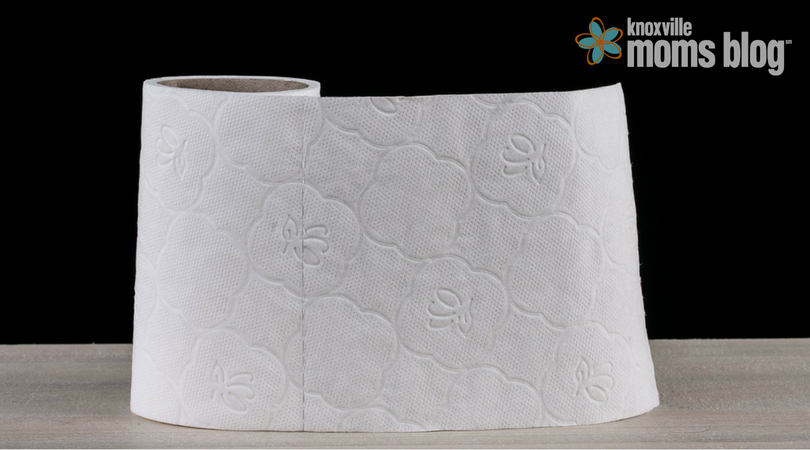Okay, y’all. It’s time to strap in because today I want to talk to you about something we all know about, but few of us like to mention: postpartum constipation. By the time you read this, I will hopefully have delivered my second child into the world, and I will also have hopefully taken what all pregnant ladies know is the first step into a whole new world: the first postpartum bowel movement.
If you’re pregnant for the first time, this is going to be a very real post for you, and I’ll just say that this is a thing for which to be prepared. If you’ve been pregnant and delivered a baby before, I hope you’ll chime in with your thoughts in the comments.
Let me tell you a little story about my first pregnancy experience to set the scene. I delivered my son in a fairly easy (to me, anyway) induction, while hooked up to every device known to man due to preeclampsia. In the run-up to my delivery, I did what lots of new moms do and scoured books and the internet for information about what to prepare for delivery. There are tons of articles that tell you all about every possible delivery complication and every type of delivery for which you could wish. Some of the articles I read mentioned bowel movements and constipation, but it was mostly in passing.
For that reason, I wasn’t really prepared for what turned out to be the worst part of my postpartum recovery. My induction, labor, and delivery went relatively smoothly compared to what came later when I became constipated to the point of intense physical pain and experienced the need to go to the doctor for help.
Now that I’m pregnant with number two, I’ve made it my goal to tackle the possible constipation problem well before I deliver. Since constipation can be a problem even while pregnant, it’s not a bad idea to prepare your toolkit of things that will help you with pregnancy and postpartum constipation.
Here’s a list of things I have in my toolkit and why I think they’re helpful:
- Benefiber: Fiber helps keep you regular because it moves things through your digestive tract. While you can get fiber from foods, sometimes it helps to have a supplement like Benefiber to take to increase your fiber content. An added benefit is that this is a gentle supplement you can use on a regular basis.
- Stool Softeners: These little pills are typically recommended by OBs following delivery to help draw more water into stool to make it easier to pass. I will be buying these to take with me to the hospital for post-delivery.
- Laxatives: While the idea of taking something that will make your body want to go may not sound that great when you’re in pain from constipation, it is absolutely helpful to have laxatives around. They’re helpful right after delivery and for a few weeks postpartum as you are getting back into the swing of things.
- Water: I highly, highly recommend taking the biggest water bottle you own and making it a point to drink as much water as you can handle postpartum. Water helps keep things moving, and when you combine it with a stool softener, it can really soften stool and make it easier to go.
- Hot Coffee: I know this sounds odd but it helps, truly! Drinking hot beverages first thing in the morning can help stimulate the bowels. Combine this with a scoop of Benefiber, and you’re helping your body deal with constipation pains.
Postpartum constipation can totally be exacerbated by things like prescription pain medications and the need to take an iron supplement. With my firstborn, I lost a lot of blood from the delivery and was on an iron supplement after he was delivered. Unfortunately iron can contribute to constipation, so it really helps to make sure you’re handling your postpartum body with care and taking measures to prevent and remedy constipation.




















